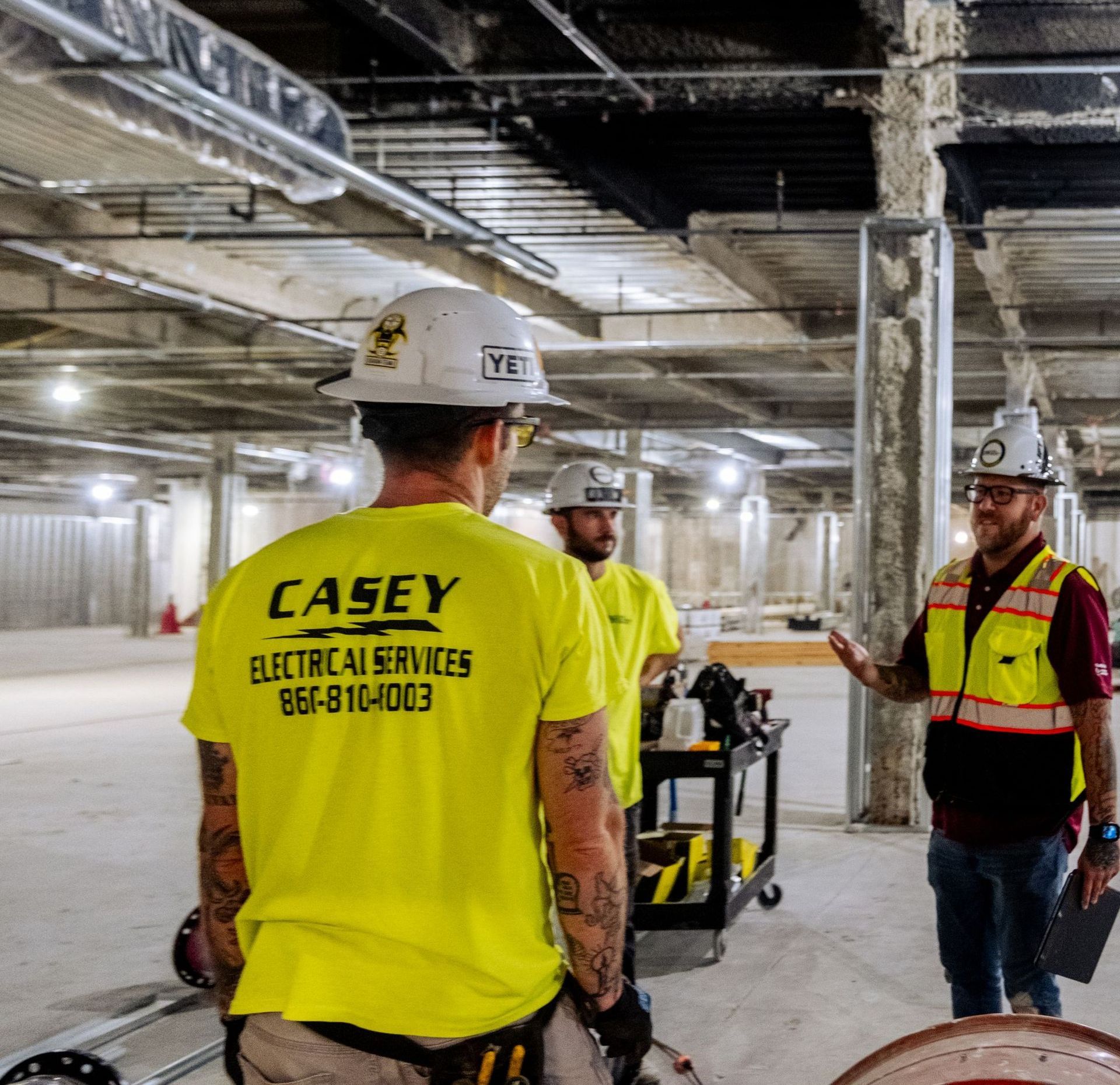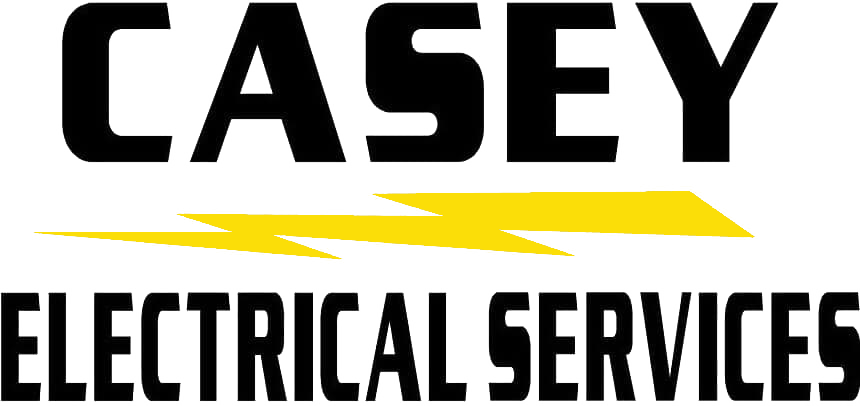Laying The Groundwork to Ensure Your Projects Success
The execution phase of the electrical construction process is where plans are transformed into tangible reality. It's the stage where the skilled electricians and technicians get to work, meticulously installing the electrical infrastructure. This phase encompasses a range of tasks, from laying down the wiring and conduits to fitting electrical fixtures and appliances with precision. Rigorous testing and quality control measures are applied to ensure that every component operates flawlessly and adheres to safety standards. Throughout this phase, our team works tirelessly, bringing power and connectivity to life, all while maintaining a commitment to the highest levels of workmanship and precision.

The Details of the Execution Stage Include:
Mobilization
This stage involves setting up the construction site, including bringing in equipment, materials, and personnel. It's crucial to ensure that everything is in place and ready to start work.
Rough-in Electrical Work
During this stage, the basic electrical infrastructure is installed. This includes the wiring, conduits, junction boxes, and electrical panels. It forms the backbone of the electrical system.
Fixture Installations
Once the rough-in work is completed and inspected, the electrical fixtures such as switches, outlets, lighting fixtures, and appliances are installed. This stage often involves careful coordination to ensure that fixtures are placed according to the design and safety requirements.
Circuit Testing
After the installation of fixtures, circuits are thoroughly tested to ensure they are functioning correctly. This includes checking for any faults, short circuits, or other issues that need to be addressed.
Safety Inspections
Safety is a paramount concern in electrical construction. Inspections are conducted to ensure that all electrical components meet safety standards and codes. This step helps identify and rectify any potential hazards.
Documentation
Proper documentation of the electrical work is essential. This includes creating as-built drawings, documenting changes or deviations from the original plans, and maintaining records of inspections and tests.


